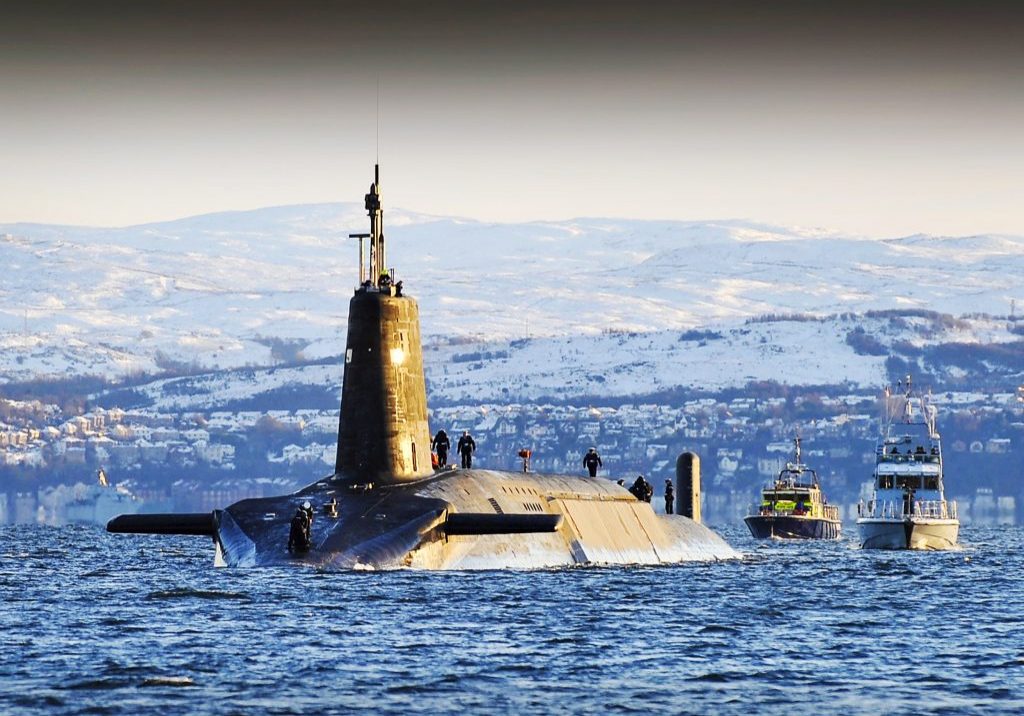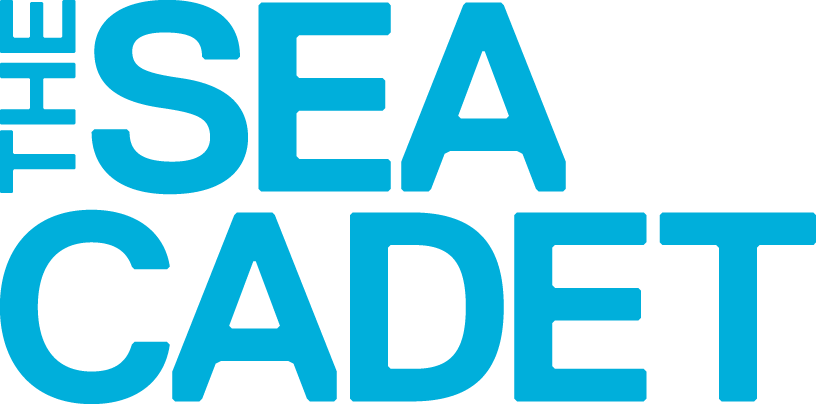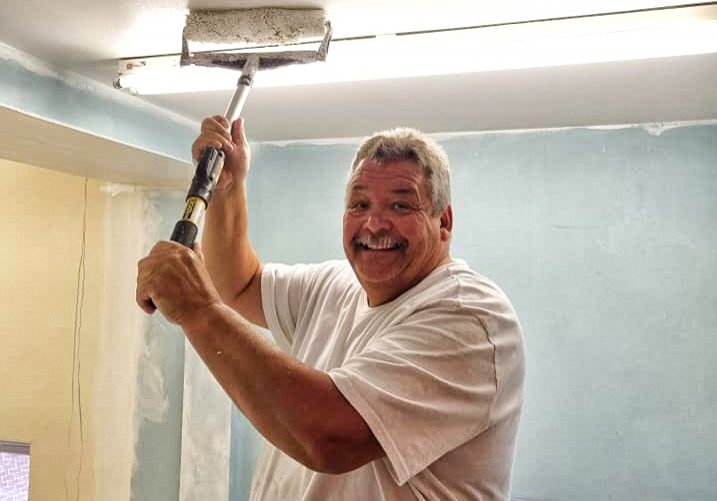Careers: how to become a professional athlete
Meet former sea cadet and Paralympian coxswain Oliver James, who has some suggestions for those looking to follow in his wake

“If I hadn’t rowed as a cadet, I wouldn’t have known to go looking for it at university and might not have had this career,” says Oliver James. He might not have won a gold medal at the Paralympics either, or three successive World Championship titles.
After rowing all through Sea Cadets and university, Oliver spent a year training at Leander Academy, a high-profile rowing centre, before being picked as coxswain for Team GB. Soon, he was being paid for doing what he loved. “Receiving my first pay cheque for rowing was a big moment,” says Oliver, who never really had a career plan – “I didn’t really have anything else to do, so was just doing what I enjoyed.”
Rowing to victory
Oliver says that, “In a sport like rowing, making it to the Olympics or Paralympics is the high point of the journey.” That would be the obvious answer when picking a career highlight, he says. But his proudest achievement was winning three pennants in one season in the Tideway Heads races.
The complicated course means there is more pressure on the coxswain to lead the team to victory. “It’s all about strategy, tactics and the conditions, which make steering the boat harder,” he explains. “As a cox, it’s much more challenging than your typical, straight-line race.”
Challenging ideas
Oliver’s aware that some people might think a coxswain doesn’t do much. “But it’s not just about steering and shouting at your teammates from the end of the boat,” he says. “The difference at the high end is the technological element. In professional rowing, the cox has something like the dashboard of a car. It gives you similar information, which you use to make adjustments and help your team be as efficient as possible. There’s very little shouting. It’s all about speaking calmly, capturing the sense of excitement, and helping the team harness that energy.”
Following his team’s success at the 2016 Paralympic Games in Rio, Oliver retired from professional sports and partnered with a charity to coach rowing to students at a state school in East London, where he tried to break down its image as an elitist sport.
The next generation
Now working for the part of Team GB that looks for the next generation of athletes, Oliver continues to try and change this image of rowing, as he seeks out young people with the potential to become Olympians or Paralympians.
“It’s difficult to drum up interest in inner city areas,” he says. “People think it’s just for posh, white kids from private schools. My job is to find people who aren’t already rowing.”
They also need to show potential for aerobic ability, strength and, most importantly, height. “They don’t have to look like athletes when we find them,” Oliver says. “It would be helpful, but they need something else that makes us think they could go all the way. The group I’m working with now will hopefully win gold in 2028 or 2032.”
And once potential athletes have been tested and made it onto the training programme, they need to be prepared to work. “The biggest challenge of life as an athlete is that it’s a 24/7 lifestyle. It was seven days a week, 49 weeks of the year, and the three weeks off would be spent back at my club,” says Oliver.
His advice for anyone wanting a career in sport is to spend as much time as possible doing it. “Hopefully, if you get a job doing a hobby you love, you’ll never feel like you’re working,” Oliver says. “But if you want to be paid for doing your hobby, you need to get really, really good at it. Particularly in sports, being just OK is not enough to earn a living. And there are plenty of others who want the job, so you have to give it your all.”
Three ways Sea Cadets can help you have a career in sports, according to a gold medallist:
- Passion for the water – this was very relevant for me, as a rower.
- Life skills – the problem-solving you learn and the way Sea Cadets teaches you to think really stays with you. One of the key things about competing is ignoring the outcome and focusing on the process, so going through the leadership boards was really important for me – not as the leader of the team, but as the communicator.
- Commitment – self-discipline and seeing things through. For me, it’s been the cultural environment and values of Sea Cadets that have really helped. The people skills you learn and character traits you build are all really transferable for the future.
More Advice

Careers: How to become a submariner
Ever wondered what it’s like to work underwater? Mechanical engineer Lt. Isobel Rawlinson talks about her role, and rowing across the Atlantic


